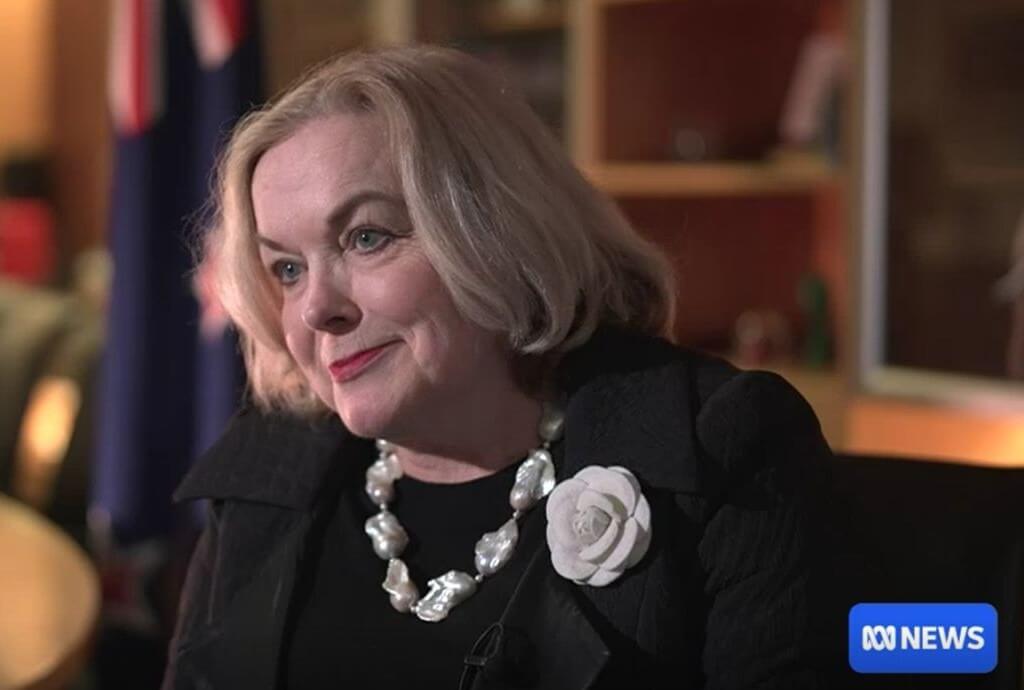Summarised by Centrist
The COP29 summit in Azerbaijan concluded with nearly 200 countries agreeing on a divisive climate finance deal with wealthy nations pledging at least USD$300b annually by 2035.
This falls short of the trillions requested, with critics calling for grants over loans that could burden poorer countries with debt.
The agreement also avoids direct mention of last year’s COP28 commitment to transition away from fossil fuels due to opposition led by Saudi Arabia and other oil-producing nations.
The deal plans to mobilise USD$1.3t annually, mostly from private sources, with rich nations adding USD$50b to the initial draft.
However, India criticised the funding as “too little, too distant,” while Saudi Arabia reportedly delayed and blocked negotiations to weaken commitments on fossil fuel reductions.
Developed countries continue to pressure oil-rich nations like Saudi Arabia to scale up climate finance contributions and accelerate rey are also enormous numbersnewable energy efforts.
The summit also drew scrutiny over Azerbaijan’s dual role as host and a petro-state. Reports revealed that Elnur Soltanov, Azerbaijan’s Deputy Energy Minister and head of COP29, discussed oil and gas investments with a fake investment group.
This marked the second consecutive year a host nation leveraged its COP presidency to promote fossil fuel interests.
Editor’s note: These financial commitments are more examples of future commitments that have no legal effect. They can easily be ignored. They are also enormous numbers.
Image: President.az



















